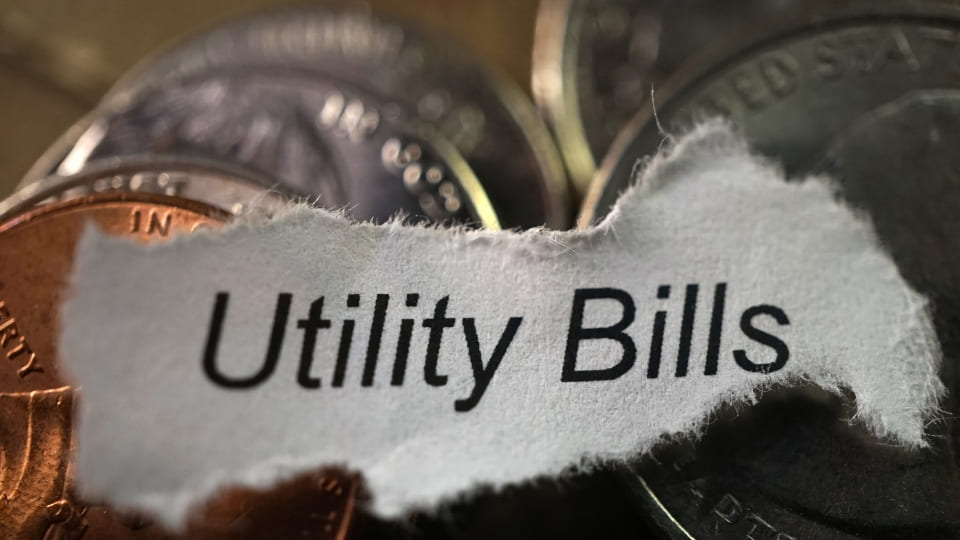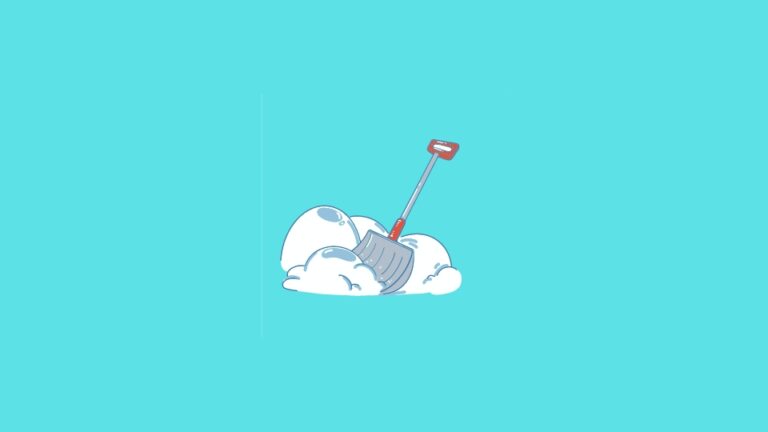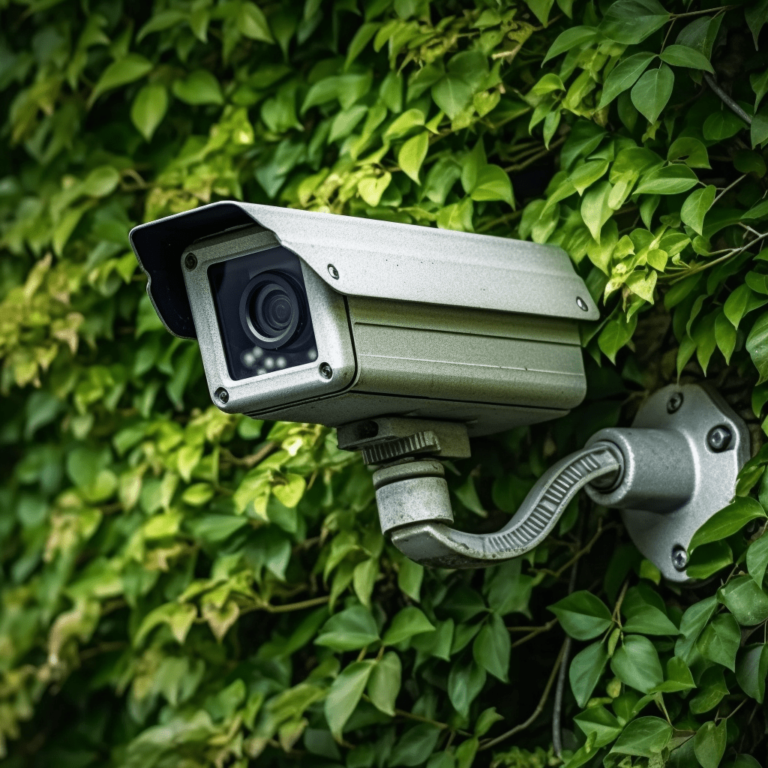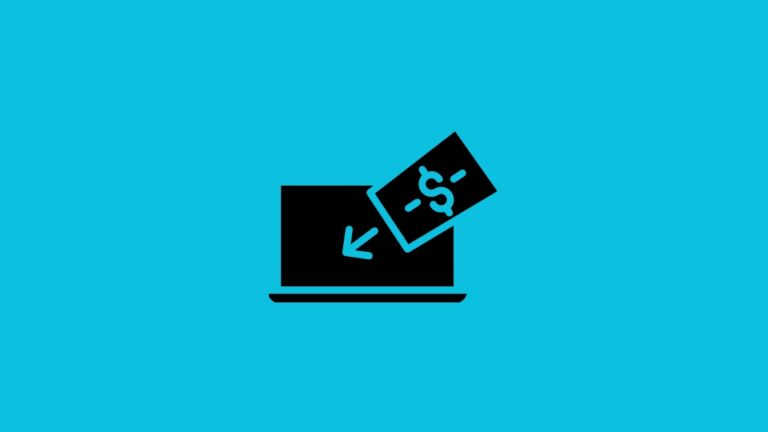Can a Landlord Start Charging for Utilities?
While renting a property, utilities are a critical element to consider as a tenant. Utilities are the services that are required to make a property habitable, such as electricity, gas, water, and sewage. It is critical to comprehend how these services are charged and how they affect your rental rates.
This article will provide an overview of the subject and address some frequently asked questions about utilities. We’ll review the different ways landlords might charge renters for utilities, as well as legal concerns to remember, common scenarios, tenant and landlord rights and obligations, and dispute resolution. Whether you’re a tenant or a landlord, understanding the complexities of utilities in rental agreements will help you make informed decisions.
When Is It Common to Charge Utilities to Tenants?

You may be asking as a landlord when it is appropriate to charge tenants for utilities. The rental market and the location of your property heavily influence the answer. In specific locations, landlords include the cost of utilities in the rent, while tenants are expected to pay for their own utilities in others.
If you live in a region where landlords include the cost of utilities in the rent, consider doing the same to stay competitive in the rental market. If you live where tenants typically pay for their utilities, you may want to explore charging tenants individually.
Another issue to consider is the type of rental property you have. It is customary to charge renters separately for utilities when renting out a single-family home or a duplex. But, if you’re renting an apartment in a larger complex, the cost of utilities may be included in the rent.
It is ultimately up to the landlord to decide when to charge tenants for utilities. While making this decision, it’s critical to examine the rental market in your area and evaluate the type of property you’re renting out. Whatever you decide, make sure it’s explicitly stated in the lease agreement so tenants aren’t caught off guard.
How to Charge Tenants for Utilities?
As a landlord, determining how to charge tenants for utilities is a critical choice that must be carefully considered. Utilities are commonly charged in three ways: incorporating the cost in rent, charging tenants separately, and providing a utility allowance. Each method has its own benefits and drawbacks, so it’s critical to select the one that works best for your situation.
1# Including the rent cost
This frequently charges tenants for utilities because it makes things easier for both landlords and tenants. Landlords estimate monthly utility costs and incorporate them in the rent. Tenants pay a fixed monthly fee regardless of how much they consume. The main advantage of this technique is that it is simple to administer and gives tenants with consistency, as they know precisely how much they will be paying each month. However, there may be more cost-effective alternatives for tenants that use less or a lot of utilities.
2# Separate billing for tenants
With this technique, landlords bill their tenants for utility bills depending on their exact usage each month. This means tenants only pay for their services, which might be advantageous for individuals who use less or more than the average. However, this system necessitates additional effort on the landlord’s part, who must keep track of each tenant’s usage and send them separate bills. It can also lead to disagreements if tenants contest their usage or if billing problems occur.
3# Provide a utility allowance
This strategy entails giving tenants a utility allowance to help cover the cost of their utilities. The landlord establishes a reasonable allowance and incorporates it in the lease agreement. This strategy can benefit tenants who use a lot of utilities because they may have to pay less out of pocket. It is, however, more difficult to administer than the other two systems since landlords must keep track of the allowance and guarantee that tenants use it responsibly.
Each approach has its benefits and drawbacks, and it is up to the landlord to determine which method is ideal for their particular scenario. When making this selection, consider your renters’ demands as your administrative capacities.
Finally, using the appropriate approach will ensure that you have happy tenants who believe they are being appropriately charged for their utilities.
Legal implications
When billing tenants for utilities, landlords must consider certain legal factors. Depending on state legislation, landlords may or may not be able to charge renters directly for utilities.
For example, landlords may charge renters directly for water or sewer in buildings with only one or two housing units. Still, they must have a written lease agreement explicitly indicating this need and deliver a copy of the water and sewer bill to the tenant.
Furthermore, depending on the local landlord-tenant rules, any charges for shared utilities passed through to the tenant may be considered additional monthly rent. Landlords might also ask renters to set up and pay for utilities independently, which helps streamline the landlord’s invoicing procedure. Landlords should always contact their legal counsel before establishing any utility charge scheme to guarantee compliance with applicable laws and regulations.
Typical Instances in Which Landlords Can Charge for Utilities

In a variety of situations, landlords may choose to charge their tenants for utilities, including:
- 1. Utilities not included in the first lease rent: Many landlords and property managers choose to add the expected cost of utilities in the monthly rent when utilities are not included in the rent at the start of the lease. This technique can benefit both landlords and tenants.
- 2. Utility costs increasing over time: Utility costs may rise over time in some circumstances. Landlords can choose to raise the rent, combine utilities and rent, or charge a fixed monthly rate for utilities that matches the average monthly utility cost.
These are just a few circumstances in which landlords may charge renters for utilities. When making these decisions, landlords should be aware of the legal implications and options accessible to them.
Tenant rights and obligations
Regarding utilities, you must understand your rights and duties as a tenant. Here are some important items to remember:
1#. Utility payment obligations
Tenants are generally responsible for paying utilities if the property has a separate meter for their unit. Charges for power, gas, oil, water (based on use), sewerage disposal, and bottled gas usage are included (excluding supply or hire charges). These fees should be specified in the leasing contract.
2#. The right to contest charges
Suppose your landlord is responsible for paying utilities and fails to do so or asks the utility company to shut off your service. In that case, the utility company must provide you 30 days’ notice. If you disagree with the costs, you can contact your landlord or property management to discuss the matter and try to reach an agreement.
To fully grasp your rights and duties surrounding utilities, you must become acquainted with your state’s legislation and lease agreement. If you have any questions or concerns, please get in touch with your landlord or a legal professional for assistance.
Landlord rights and obligations
You have specific rights and responsibilities as a landlord regarding utilities. Your responsibilities include keeping the rental property’s vital utilities, such as water, gas, and electricity, in good working order.
You may also charge your tenants for utilities, but the prices must be fair and reasonable.
Furthermore, you are responsible for doing essential utility repairs and adhering to building rules to protect the safety and well-being of your renters. Understanding your renters’ rights and responsibilities is critical to fulfilling your responsibilities as a landlord and providing a safe and habitable living place.
Conflict Resolution
Utility disputes between landlords and renters can be stressful and contentious. Yet, numerous approaches can be taken to resolve these issues. Below, we’ll review numerous procedures for resolving utility-related complaints.
1# Communication and Negotiation
When a disagreement emerges between a landlord and a tenant, the first step toward resolution should always be dialogue. As a landlord, you must listen to your tenants’ concerns and demonstrate genuine concern for their well-being. Collaborate with your tenant to find a solution that benefits both parties.
Whenever a tenant is disputing a utility fee, the utility bill should be reviewed to determine the correct charges. If there is a billing error, consult the utility company to correct it. If the dispute concerns a higher-than-expected utility bill due to a tenant’s behavior, such as leaving the heat on high when not at home, educate the renter on how to conserve energy and lower their usage.
2# Mediation
If the conversation fails to address the dispute, mediation may be considered. Mediation is a private procedure in which a neutral third party works with both parties to establish an amicable conclusion. Mediation can be an effective technique to resolve utility conflicts since it allows both parties to express their concerns and collaborate to find a solution. Mediated agreements are also legally binding, which can aid in the avoidance of future conflicts.
3# Legal Proceedings
If all other options fail, legal action may be required. If a tenant fails to pay their utility bills or breaches the conditions of the lease agreement, legal action can be initiated for breach of contract. Before pursuing legal action, landlords should always contact an attorney to ensure they behave legally.
Conflicts relating to utilities can be brutal to resolve. Yet, landlords and tenants can collaborate to find a solution that benefits both parties by using discussion, dialogue, mediation, and legal action as a last option. As a landlord, you must listen to your tenants’ problems and demonstrate genuine concern for their well-being while safeguarding your legal rights and responsibilities.
Final Thoughts
Finally, charging tenants for utilities is typical in many rental contracts. Landlords can charge tenants in various ways, including incorporating the cost in the rent, billing tenants individually, and providing a utility allowance. Landlords must be aware of legal considerations and ensure that state laws and lease agreements are followed. Tenants have rights and duties when paying utilities and resolving disputes. Landlords and tenants can settle issues and maintain a great renting experience by communicating effectively and employing various dispute resolution strategies.






